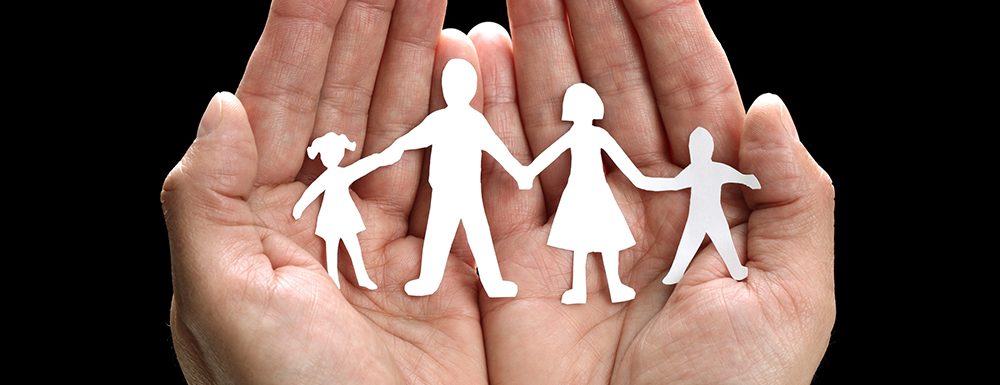
Carolina Gottardo, Director at LAWRS (Latin American Women’s Rights Service), offers insight into the politicisation of migration in advance of the Women for Change breakfast event on migrants on 5 October 2016.
Migration and asylum are heavily politicised issues. By tracking just media coverage, the Brexit debate focused on migration 18% of the time. That number increases significantly when narrowing the focus to specific news outlets.
We now live in a globalised economy and society where women and men are moving in between countries and continents. Some move because they are forced to as a result of persecution, others are forced by their life circumstances, and others because they seek opportunity. In recent times we have witnessed the feminisation of migration with an increase in refugee women and girls forced to move across borders and women migrating on their own will. This poses a new set of issues.
Some women are officially recognised refugees under the 1951 Refugee Convention. Other women are applying for asylum and therefore asking to be recognised as refugees. Other women are migrants. There is a fine line between all of these terms; many asylum seekers today could be undocumented migrants tomorrow, and many migrants today could be refugees tomorrow.
Leaving home
Migrants, refugees and asylum seeking women and men are all survivors. They have been extremely resourceful and have shown agency to move away from loved ones to live in a foreign land.
Women are more affected than men by the refugee experience and the migration experience and therefore face additional challenges. Some have moved as a result of trafficking and others to flee a situation of violence in their countries of origin. With the pressure to provide for their families, many women have no choice but to migrate and leave children behind with extended family. Many find difficulties once arriving in their destination country and could be made prey to violence and abuse. With migrant women being often restricted to work in the informal sector (i.e. domestic work or cleaning), they are left open to exploitation when they arrive in their new country.
Welcome to the UK
When considering the situation for migrants in the UK, in current times migrant and refugee women have been facing increasingly challenging circumstances. There have been successive policies and legislation that have affected migrant and refugee women in particular. With an official “hostile” policy on migration, vulnerable women are being pushed to the margins.
The women that we work with at LAWRS come to the UK to escape poverty and violence only to end up trapped in similar situations with little access to protection as migrants or refugees in the UK. Many work long and unsocial hours in the cleaning, catering and hospitality industries and many suffer from labour exploitation, such as being paid below the National Minimum Wage or being abused at work. These are the women that clean offices in the City who work very early in the morning and very late in the evening. Most struggle to make ends meet.
The Brexit vote resulted in increased rates of hate crime, racism and sexism against migrant women. For instance, many teenaged women from the LAWRS young women group have been told at school to pack their bags or that they will be deported. Needless to say, this causes a lot of anxiety and affects community relationships.
The real lives of migrants
It is important that we all take action and support migrant and refugee women. We need to understand why women come to the UK and to recognise the fact that they often don’t have a choice. It is also essential not to fall into media stereotypes about “good refugees and bad migrants”. The reality is much more complex, and behind these stereotypes there are real women struggling in their individual ways to survive in the UK.
Both migrant and refugee women contribute enormously to the economic, social and cultural life in the UK and in fact, the economy could not move without them. Many take jobs that other workers don’t want, such as cleaning, catering, hospitality and care. Many migrant and refugee women are highly skilled and could develop successful careers.
Everyone’s role
Migrants need the opportunity to understand the UK system and to develop their potential. Women don’t have to care about these issues simply because they affect women in higher rates. But the result of feelings of solidarity might be that they do. Helping migrant and refugee women reach their potential can be done by in a number of ways from campaigning for stronger labour protections against the erosion of migrant rights, or simply challenging stereotypes. We can all be part of changing the conversation.
For more information about LAWRS visit www.lawrs.org.uk, follow LAWRS on Twitter at @lawrsuk, follow Carolina on Twitter at @carolinagottardo5


